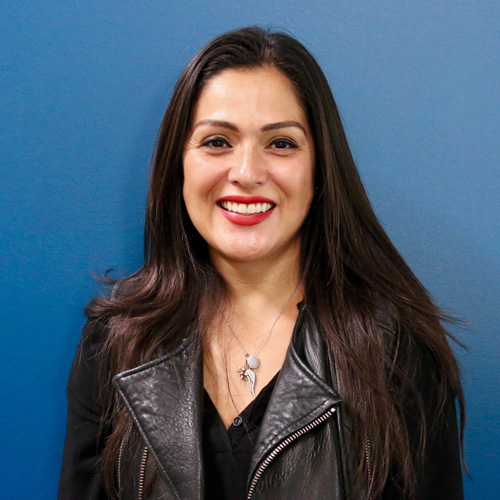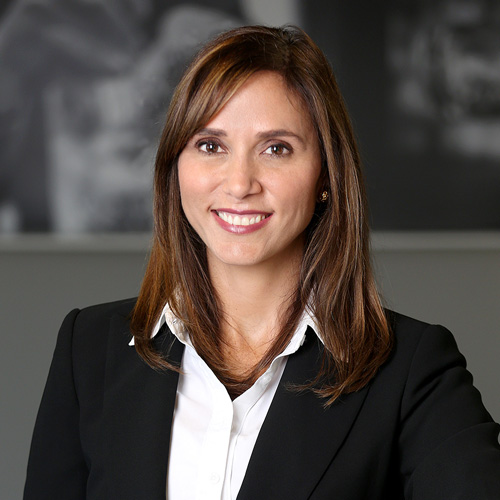
for Latin America, Sandoz
Carlos Lanardonne’s early career in private practice litigation and corporate law laid the perfect foundation for his current responsibilities as regional head of legal and compliance in Latin America for Sandoz, a division of the Novartis Group. Responsible for three major market clusters—Central America & Caribbean, Ecuador & Peru, and South Latam, plus Brazil, Mexico and Colombia—he sat down with Hispanic Executive to discuss his approach to strategy and influencing institutional change.
In your role for a major pharmaceutical company in Latin America, are legal and compliance complementary responsibilities, or do they require different approaches?
They’re very much the same. The legal function requires us to partner with the business to help develop solutions and achieve objectives, and, at the same time, act as guardians of the company’s reputation. In compliance, by putting the right culture and controls in place, we also act as business partners who find innovative ways to meet company needs—and that also ultimately safeguards our reputation. In both areas, we help facilitate increased profits and faster access to high-quality medicines for patients. That’s the beauty of our partnership with the business.
Do you have particular strategies for creating that kind of relationship?
We have to know the business as well as the commercial staff does. We go to many of the same events, scientific conferences, business reviews, and often accompany them in the field. In many cases, the local compliance officer recognizes customers’ true needs during field rides and is able to help develop appropriate solutions. On other occasions, we’ve been able to help simplify processes linked to sales reps’ daily activities, like expense reports, so they have more time for customer-facing interactions. This is the reason we see ourselves in legal and compliance as truly being one with the business.
Are there differences in Latin America’s approach to compliance compared with other parts of the world?
Compared to the US and Europe, Latin America is less detailed and structured when it comes to local compliance regulations. There are differences, too, in the approach local governments take toward regulation enforcement, but fortunately that’s changing. As part of what I call ‘that inevitable trend,’ we’re working hard to enhance and maintain uniform compliance standards in every market where we operate. We do that by focusing on standardizing key processes and policies, embedding practices like training, setting appropriate objectives and incentives, and lastly, enforcing standards through monitoring, audits, sanctions for deviations, and rewards for adherence and appropriate behavior. It creates a virtuous circle that reinforces itself. As an example, we once obtained a huge piece of business in Brazil not because our business proposal was better than our competitors, but because we had a more robust compliance culture and programs in place. Our mind-set, processes, and culture produced a direct business benefit.
What other institutional changes have you made?
We’ve eliminated silos between groups and created cross-functional teams that work on different business development deals and agreements. We also reshaped the legal department to create more robust and efficient templates for those transactions. One of the changes that we produced is that we now prioritize up to five key, must-have deal items instead of pushing for everything we might possibly want, and share objectives and accountability across the entire team. The result is that negotiations now last, on average, two or three months instead of the eight or nine they used to take.
You’ve described some significant shifts in policies and culture. How do you handle the human capital parts of those equations?
People make all the difference. I constantly focus on ensuring we have the right people in the right positions at the right times. It’s a process of ongoing monitoring, assessing, recruiting, developing, and retaining talent, not just when we need them at a particular moment. We pay attention to talent in other business units, other countries, and also with competitors to maintain a permanent succession plan and pipeline of the qualified people. We have regular cross-country and cross-divisional talent discussions, one-on-one talks about goals, and lots of opportunities for working in new areas and with new people. I personally gain a tremendous amount of passion and energy from all the different interactions, along with a diversity of experience and insights that always help produce the best outcomes.
What You Need to Know About Compliance in Latin America
Talent is imperative.
Placing the right people in the right roles at the right time facilitates development of an effective culture of compliance.
The success of the business is at stake.
Improving compliance provides the greatest opportunity for positive systemic changes and business success.
Source locally.
There exist tremendous resources and talent with enormous potential to develop the needed compliance skills and mind-set across the region.

